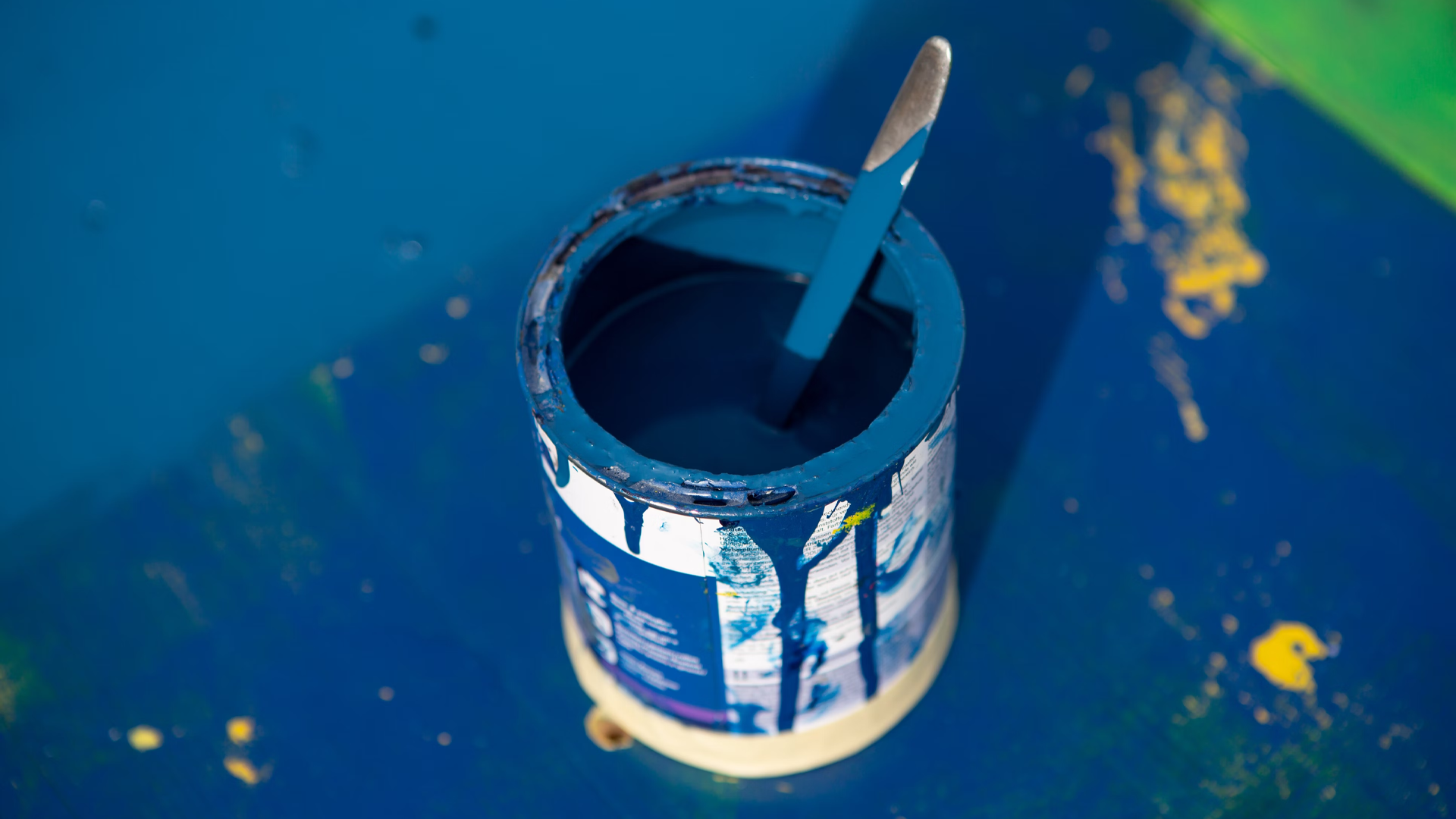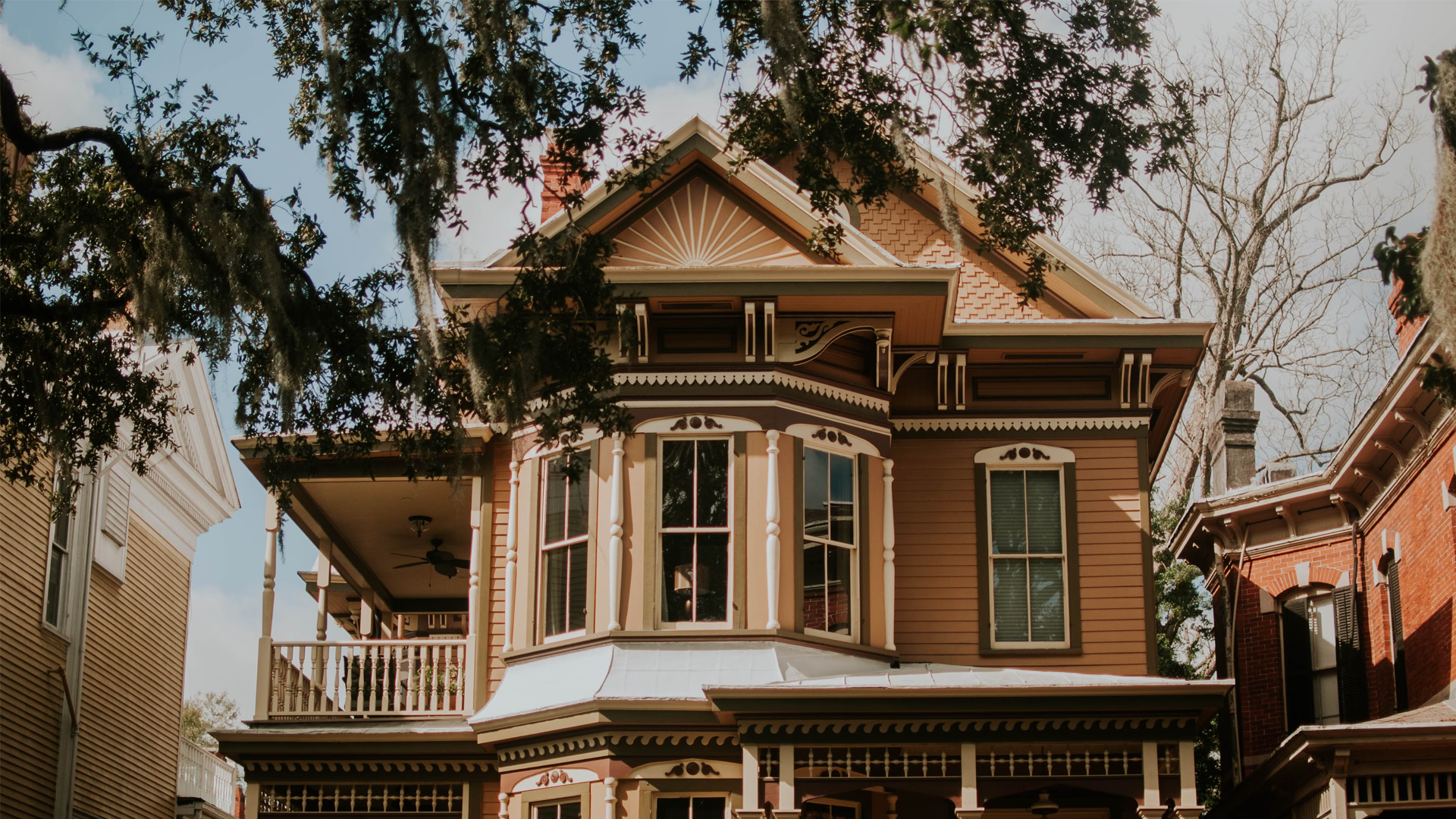Key Take Aways
Bricks are porous and absorb water, which can freeze and expand, leading to cracking and structural damage (frost heave).
Proper sealing involves inspection, thorough cleaning, choosing a suitable sealant (siloxane for breathability or acrylic for durability), and correct application with appropriate curing time.
Benefits include extended structural lifespan, preserved aesthetic appearance, improved insulation, and increased property value.
Avoid common mistakes: ignoring early signs of water damage, using incompatible sealants, improper application (too thick, uneven, wrong weather), skipping maintenance, and neglecting wall ventilation.
Professional services offer expert sealant selection, high‑quality materials, expert application, and often warranties for long‑term protection.
In the UK, where weather conditions can be particularly harsh and unpredictable, protecting your home against the elements becomes a crucial part of home maintenance. One key aspect of this protection is sealing bricks from water. This not only preserves the aesthetic appeal of your property but also ensures its structural integrity over time.
Why is Sealing Bricks from Water Important?
Bricks, being porous, can absorb water. When water penetrates the bricks and freezes, it expands, causing the brick to crack and deteriorate over time. This process, known as frost heave, can lead to significant structural damage. By sealing bricks from water, homeowners can prevent moisture penetration, thereby protecting their property from potential damage.
The Process of Sealing Bricks from Water
- Inspection and Cleaning: Before sealing bricks, it’s essential to inspect them for any damage or deterioration. The bricks should be thoroughly cleaned to remove dirt, moss, and other substances that might inhibit the effectiveness of the sealant.
- Choosing the Right Sealant: There are various types of sealants available for sealing bricks from water. These range from siloxane-based sealers, which are breathable and allow moisture to escape, to acrylic-based sealers that provide a more durable but less breathable coating. The choice of sealant depends on the specific needs of your property and the type of bricks used.
- Application: The application process involves spraying or brushing the sealant onto the bricks. It’s crucial to ensure even coverage without over-applying, as this can lead to a build-up that prevents the bricks from breathing.
- Curing Time: After application, the sealant needs time to cure. This duration can vary depending on the product used and weather conditions.
Benefits of Sealing Bricks from Water
- Longevity of the Structure: The primary benefit of sealing bricks from water is the extended lifespan of your home’s exterior walls. Bricks exposed to water and moisture over time are prone to various forms of damage, such as cracking, spalling, and efflorescence. These damages not only compromise the structural integrity of the walls but also lead to expensive repairs or replacements. Sealing bricks from water effectively locks out moisture, ensuring the brickwork remains intact and robust, safeguarding your home against the unpredictable UK weather.
- Aesthetic Preservation: Unsealed bricks are vulnerable to moisture-related discolouration, moss, and algae growth, all of which detract from the aesthetic appeal of your home. These issues are not just superficial; they can cause deeper damage to the brickwork over time. Sealing bricks from water maintains the original appearance of your brickwork, ensuring it stays clean, vibrant, and free from unsightly blemishes. This not only enhances the visual appeal of your home but also maintains the texture and colour consistency of your bricks, keeping your home looking its best year after year.
- Improved Insulation: A lesser-known advantage of sealing bricks from water is the potential improvement in your home’s insulation. When water penetrates brickwork, it can reduce the insulating properties of the walls, leading to increased thermal transfer. This means more heat escapes during winter and more heat enters during summer, resulting in higher energy usage and increased heating and cooling costs. By sealing bricks, you create a barrier that reduces water ingress, enhancing the thermal efficiency of your home. This can lead to a more comfortable living environment and potential savings on energy bills.
- Increased Property Value: The condition of a home’s exterior is a crucial factor in its overall value. Properties with well-maintained exteriors, including effectively sealed brickwork, are often appraised at higher values. Sealing bricks from water not only protects your investment but also enhances the curb appeal of your property, making it more attractive to potential buyers or renters. This is particularly important in the competitive UK housing market, where the appearance and condition of a property can significantly impact its market value. Investing in sealing your bricks from water is thus a wise financial decision for the long-term value of your home.
In conclusion, sealing bricks from water is an essential maintenance task that offers numerous benefits, from preserving the structural integrity and aesthetic appeal of your home to improving insulation and increasing its value. It is a proactive measure that can save homeowners significant time and money in the long run while ensuring their homes remain safe, comfortable, and visually appealing.
Common Mistakes to Avoid in Sealing Bricks from Water
- Ignoring Early Signs of Damage: One of the most common mistakes homeowners make is neglecting early indications of moisture penetration in their brickwork. Signs such as damp patches, discolouration, mould growth, or frost damage on bricks are early warnings. Ignoring these signs can allow minor issues to escalate into major structural problems. Water ingress can weaken the mortar and bricks, leading to cracks and, in extreme cases, structural failure. Proactively addressing these signs by sealing bricks from water can prevent the progression of damage, saving significant costs and effort in long-term repairs.
- Using the Wrong Sealant: Different types of bricks and environmental conditions require specific types of sealants. For example, older, more porous bricks may need a different sealant compared to newer, denser bricks. Using a sealant that is not compatible with the brick type can lead to ineffective sealing, and in some cases, it can trap moisture within the brick, exacerbating the issue. It’s vital to research and consult professionals to select a sealant that is appropriate for the specific type of brick and the climatic conditions of the area.
- Improper Application: The effectiveness of sealing bricks from water heavily depends on the correct application of the sealant.
- Common errors include applying the sealant unevenly, applying too thick a layer, or applying it under unsuitable weather conditions. Uneven application can leave parts of the brickwork unprotected, while too thick a layer can create a non-breathable barrier, leading to trapped moisture and potential damage from within.
- Furthermore, applying sealant during wet or freezing conditions can prevent it from curing properly, rendering it ineffective.
- It’s essential to follow the manufacturer’s guidelines for application and to apply the sealant under suitable weather conditions to ensure optimal protection.
- Neglecting Regular Maintenance: Even after sealing bricks from water, regular maintenance is crucial to ensure ongoing protection. Over time, sealants can degrade due to environmental exposure, leaving the brickwork vulnerable again. Homeowners should conduct periodic inspections and reapply sealant as needed. Neglecting this maintenance can lead to the sealant’s failure, allowing water to penetrate and damage the brickwork.
- Overlooking Ventilation Needs: Proper ventilation is crucial for maintaining the health of brick walls, especially after sealing them from water. Some homeowners fail to consider the ventilation aspect, leading to increased humidity and moisture accumulation within the property. This can result in condensation problems and, ironically, more moisture-related damage. Ensuring that your home has adequate ventilation, particularly after sealing your bricks, is essential for preventing these issues.
By avoiding these common mistakes, homeowners can ensure effective and long-lasting protection of their brickwork against water damage. Remember, when in doubt, it’s always best to consult with professionals like All Weather Coating for expert advice and high-quality weatherproofing services.
Why Choose Professional Services for Sealing Bricks from Water?
While DIY approaches might seem cost-effective, professional services offer several advantages:
- Expertise: Professionals have the knowledge to choose the right sealant and apply it correctly.
- Quality Materials: Professional services like All Weather Coating use high-quality materials that are more effective and longer-lasting.
- Guaranteed Workmanship: With professional services, you get the assurance of quality workmanship and warranties on the service provided.
Conclusion
Sealing bricks from water is an essential aspect of maintaining the integrity and appearance of your home. By understanding the importance of this process and opting for professional services, you can ensure that your property remains protected and beautiful for years to come.
For expert advice and superior service in sealing bricks from water, don’t hesitate to contact All Weather Coating. Our team of professionals is equipped to provide you with the best weatherproofing solutions tailored to your home’s needs. Reach out to us today for a consultation and take the first step in protecting your property from water damage.





